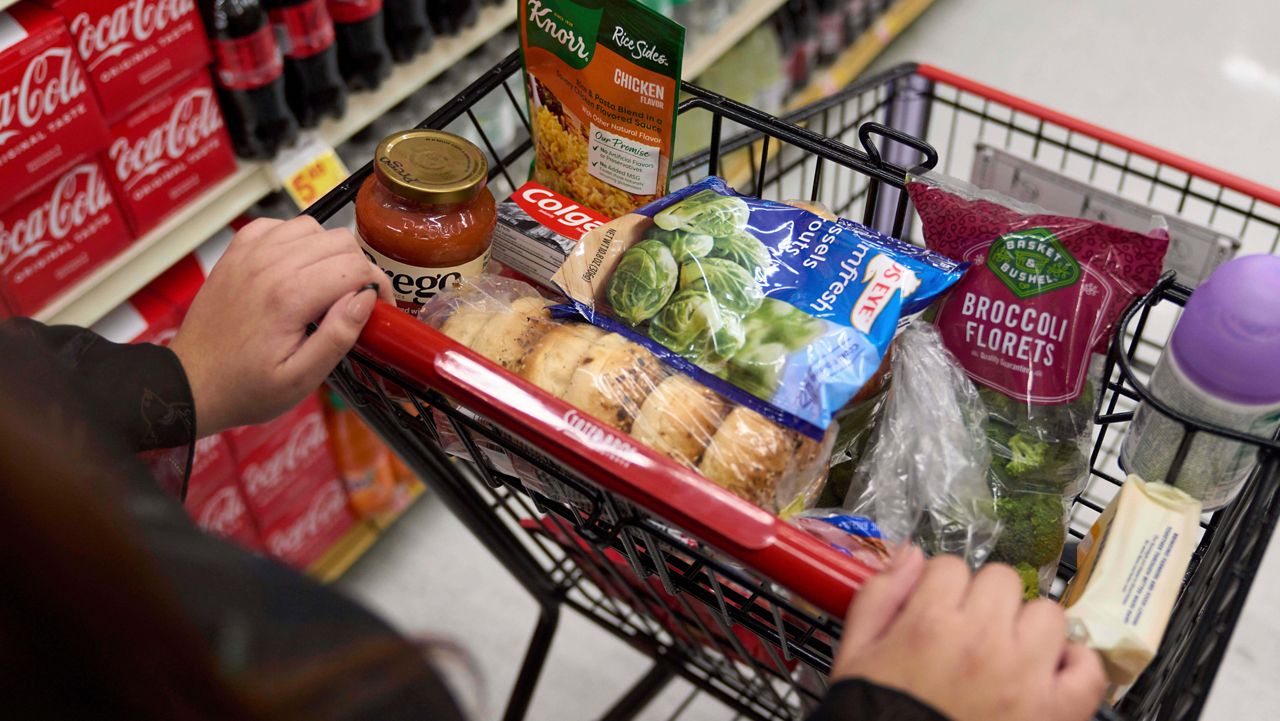ORLANDO, Fla. — The government shutdown has lasted for over three weeks now, and for millions of families, the impact is hitting home. SNAP and WIC benefits, which help low-income families and children put food on the table, could stop if the shutdown continues into next month.
What You Need To Know
SNAP and WIC benefits could stop if the federal government doesn’t open by November 1
Over half of Floridians say food costs have increased their debt, according to No Kid Hungry
Food banks like Second Harvest expect a major surge in demand if benefits are suspended
Advocates warn children will be among the first to feel the impact when benefits stop
“It was incredibly difficult pre-government shutdown for a lot of folks across the state, and now we’re in a precarious situation across the state of Florida,” said Sky Beard, Florida Director for No Kid Hungry.
SNAP, the Supplemental Nutrition Assistance Program, and WIC, which provides nutrition support for women, infants, and children, are both funded by the federal government.
Beard says if funding doesn’t resume by November first, millions of families who rely on those benefits might not receive them.
“We really urge USDA at this particular time to release any available funds. There are federal contingency funds in place for this very reason — to find other sources of funding — so these programs such as SNAP and WIC can continue for the month of November,” Beard said.
The numbers show that struggle is growing. A new report from No Kid Hungry shows rising food costs are hurting Floridians’ finances, and more than half say their debt has increased over the past year because of food costs.
Two-thirds of families say they’re having to choose between buying groceries and paying for other essentials, like gas, rent, or health care.
“With these benefits being suspended, we anticipate that even more neighbors who were either already utilizing pantries or neighbors who’ve never utilized a pantry in their life are going to come to pantries associated with Second Harvest,” said Stephanie Palacios with Second Harvest Food Bank.
Palacios says the food bank is preparing and working closely with partners to get more food into communities.
“The food bank is committed to doing whatever we can to utilize whatever funds we have available to us and appeal to the community for support, to support our pantries and neighbors who may be seeking help at this time,” Palacios said.
Advocates say children are often the first to feel the impact. When benefits stop, meals disappear, and organizations like Second Harvest and No Kid Hungry have to fill the gap fast.
“We have families struggling in every community. We need all of these services working together in order to support families and make sure kids have what they need,” Beard said.

